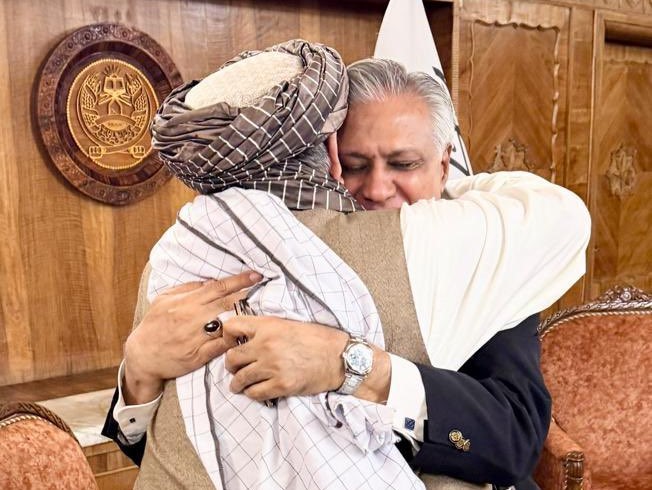In its second official report, the U.S. Congress-established Afghanistan War Commission has concluded that Pakistan played a critical role in enabling the Taliban’s insurgency between 2001 and 2021.
The report acknowledges that while Islamabad cooperated with the U.S. in counterterrorism efforts—pursuing al-Qaeda on its soil and supporting logistics for coalition forces—its alignment with Washington’s policies toward the Taliban deteriorated. Pakistan’s continued harboring of the Taliban severely strained its relationship with the United States and, ultimately, significantly empowered the group’s insurgency.
The commission found that following the Soviet withdrawal, Afghanistan fell off Washington’s strategic radar in the 1990s, leading to poor intelligence and limited capacity to detect or confront rising extremism. Initially focused on counterterrorism, the U.S. mission eventually expanded into broader state-building—a shift that, along with military operations and failures by the Afghan government, led to civilian casualties and widespread public disillusionment.
By 2005, the Taliban had restructured, capitalizing on grievances inside Afghanistan and sanctuaries in Pakistan. The report identifies U.S. overreliance on warlords and Pakistan’s intelligence networks as strategic missteps, especially between 2002 and 2005 when American counterterrorism operations were heavily dependent on Islamabad’s cooperation.
Some experts at the commission’s April 2025 hearing noted that the disciplined objectives of the first 90 days of the war unraveled as resources and attention shifted to Iraq by 2003, undermining the Afghan mission.
Under President Barack Obama, U.S. strategy in Afghanistan and Pakistan was recalibrated. Troop levels surged, and Washington emphasized counterterrorism, state stabilization, and curbing the Taliban to enable future political negotiations. However, the 2011 killing of Osama bin Laden in Pakistan further eroded U.S.–Pakistan trust.
The report also emphasizes that the Afghan government remained deeply reliant on foreign aid and military support. The withdrawal of U.S. and NATO forces and the end of high-budget military expenditures triggered severe economic collapse.
Now, four years into Taliban rule, the group has systematically stripped citizens of their civil liberties, deepening Afghanistan’s authoritarian trajectory.







